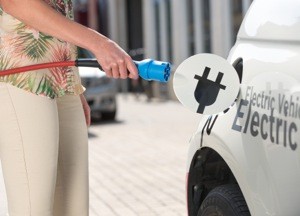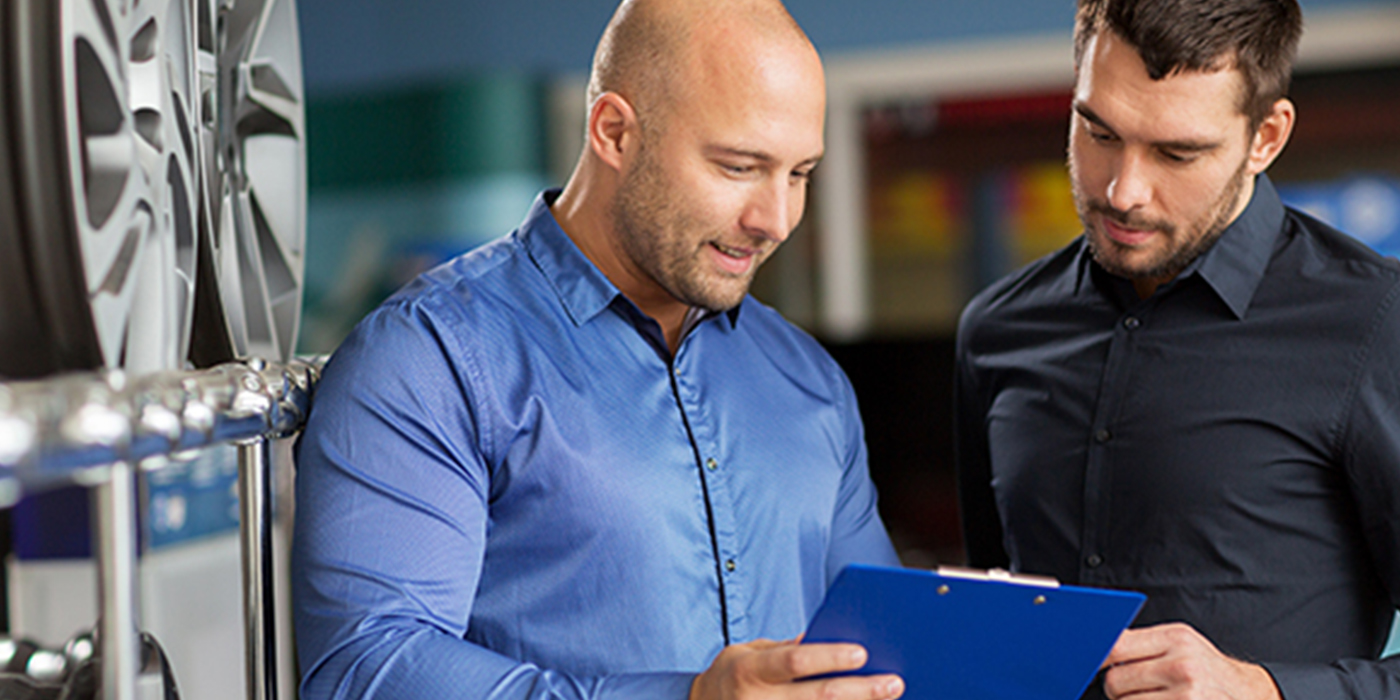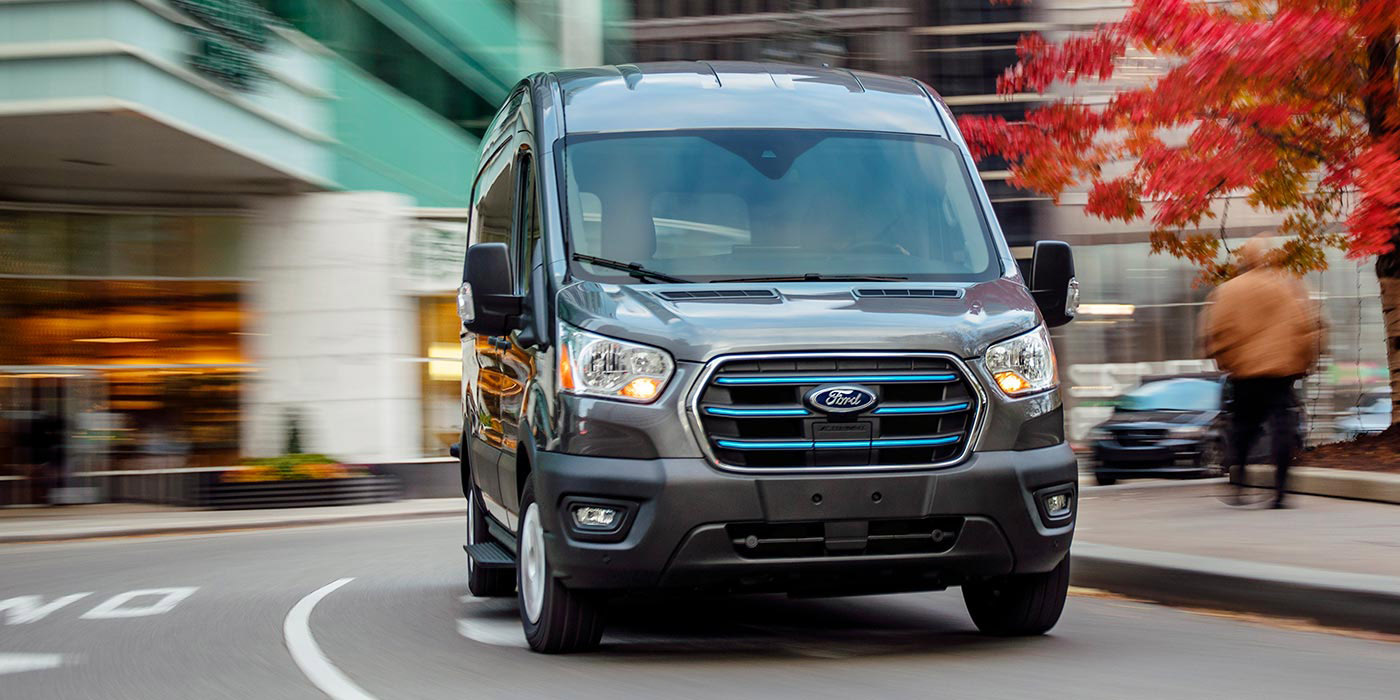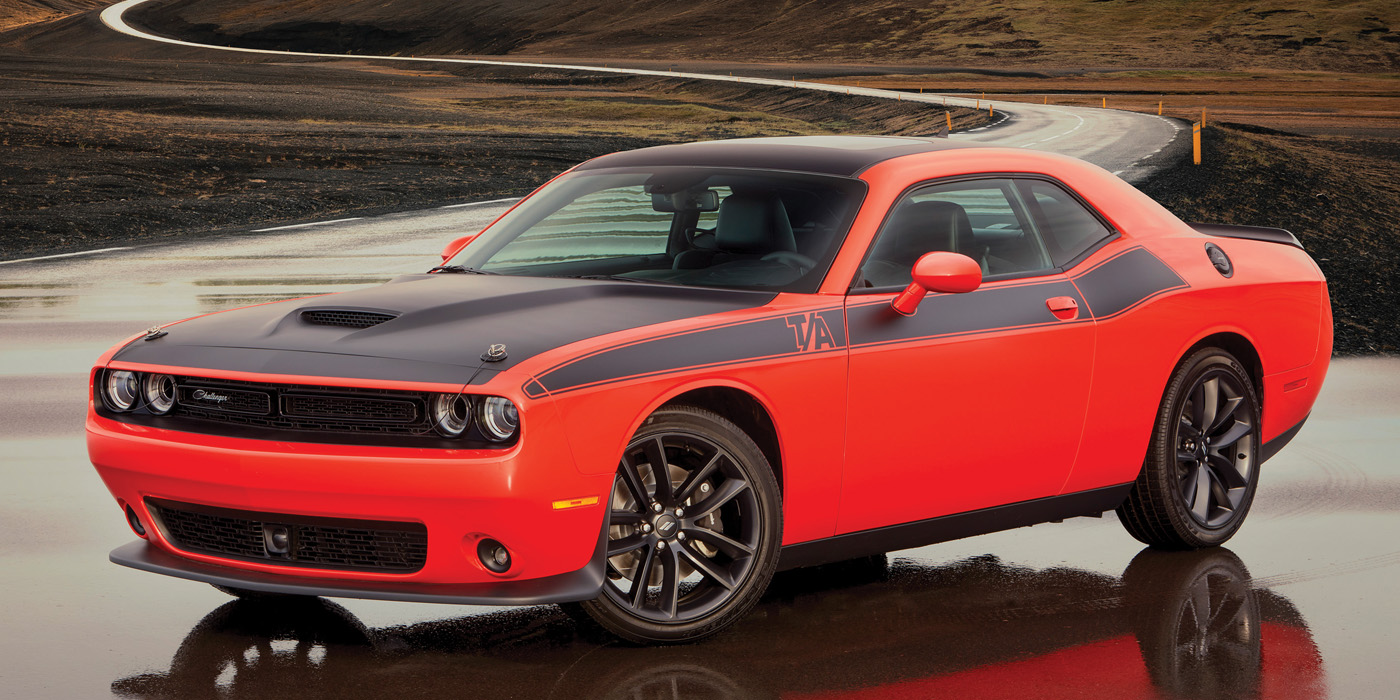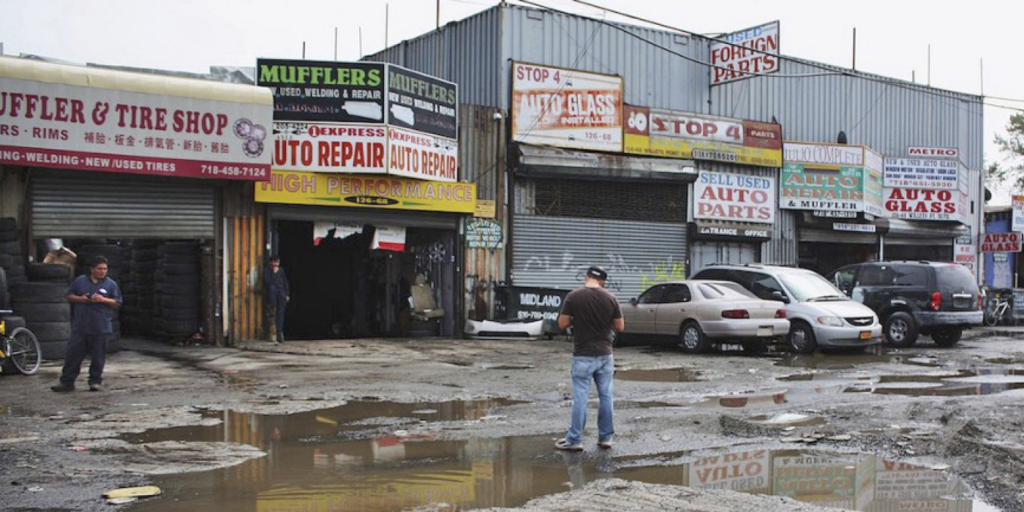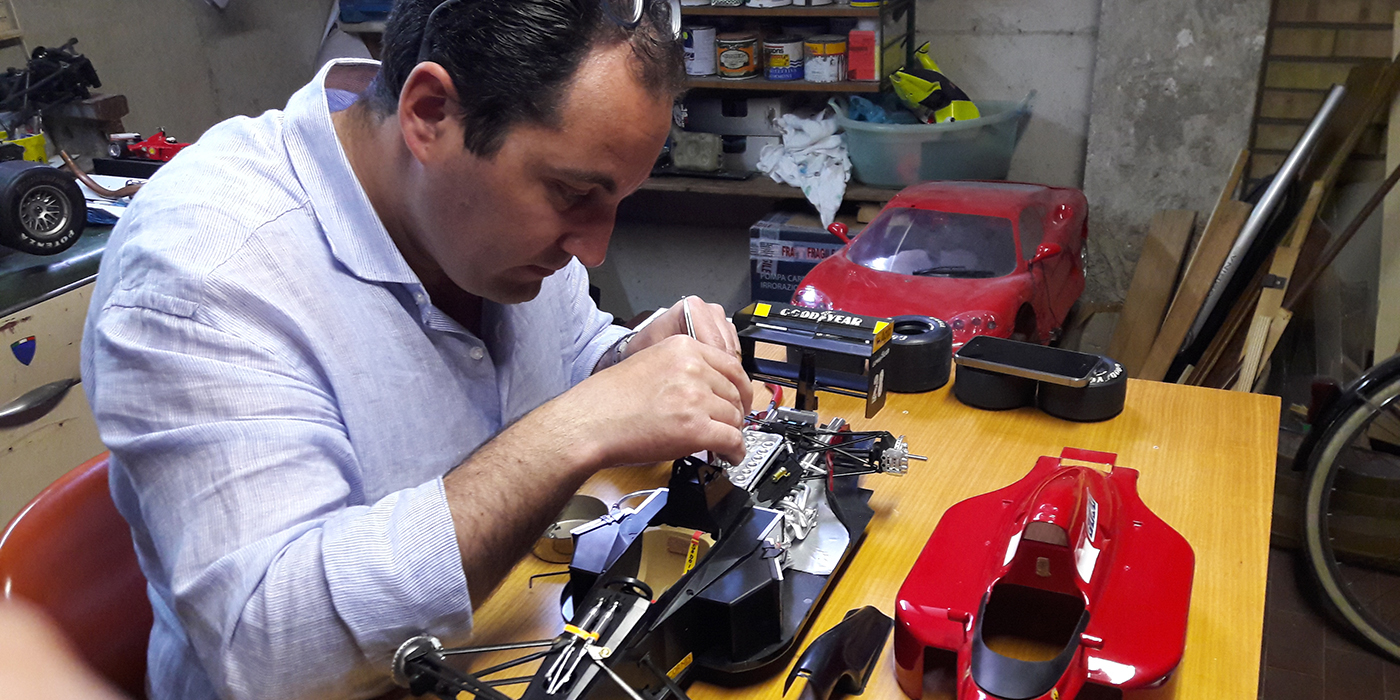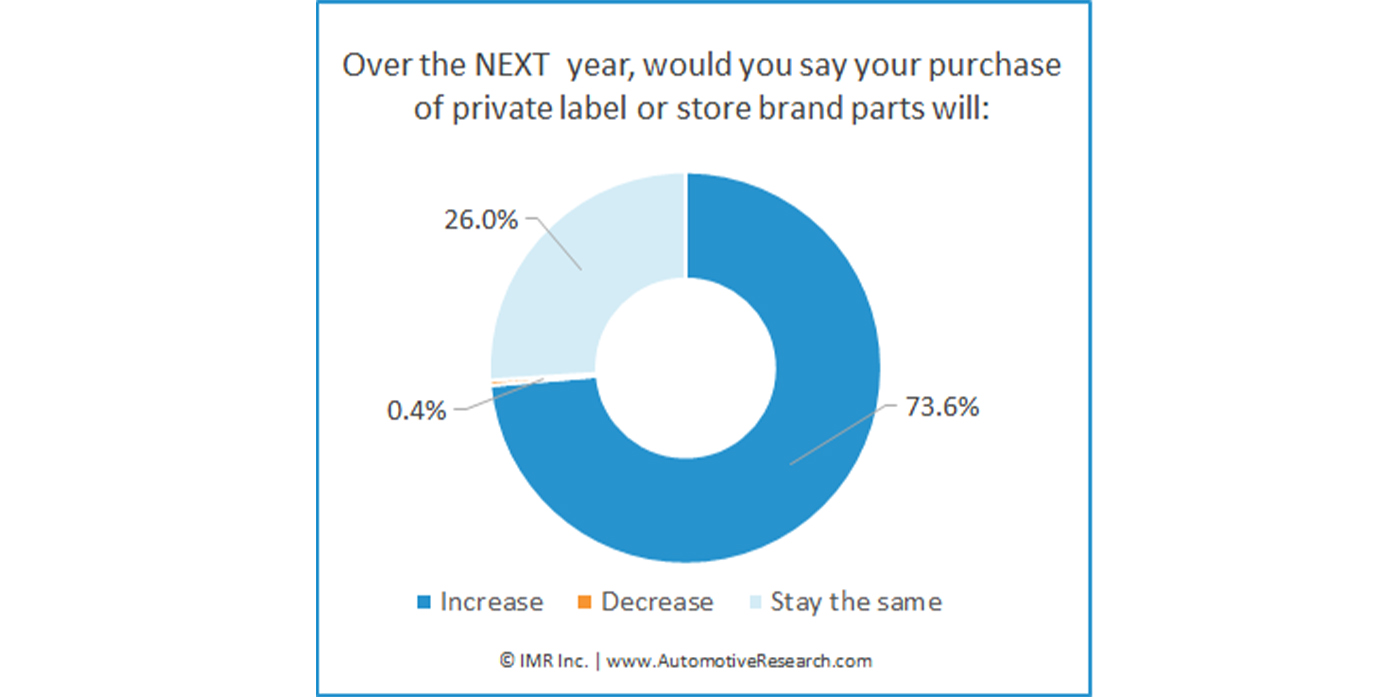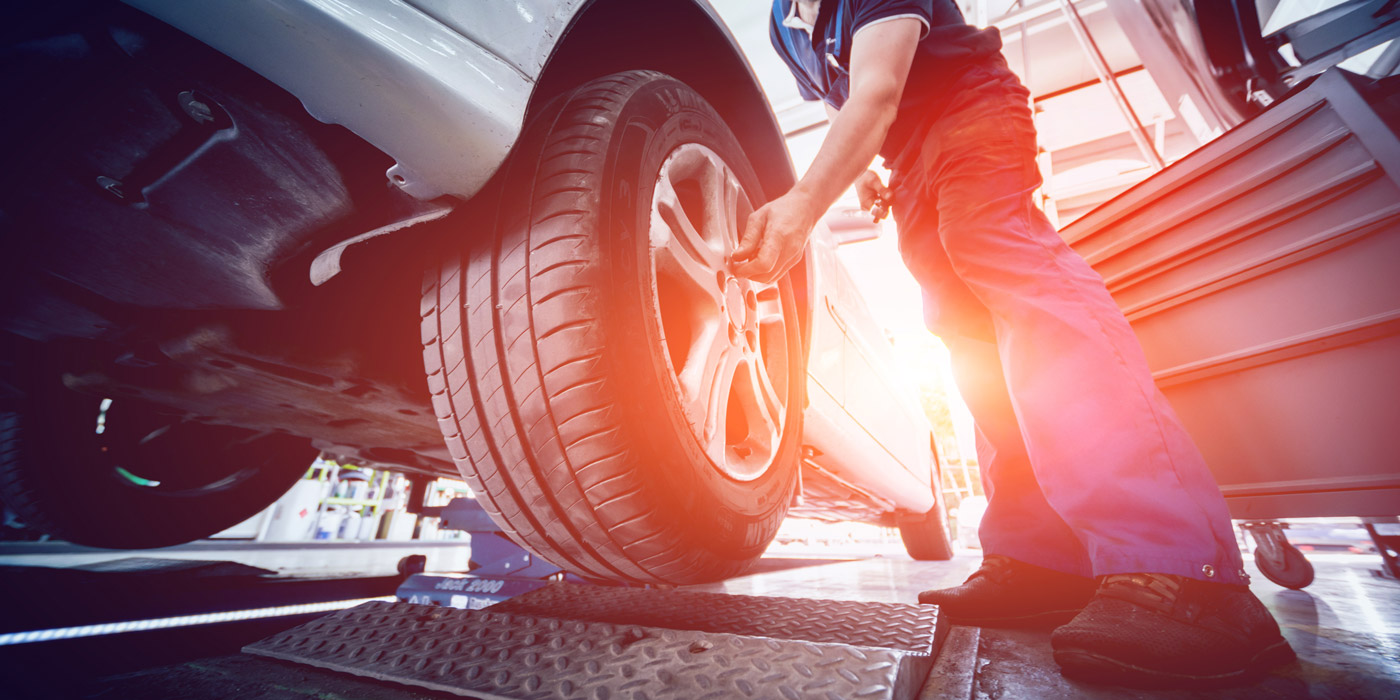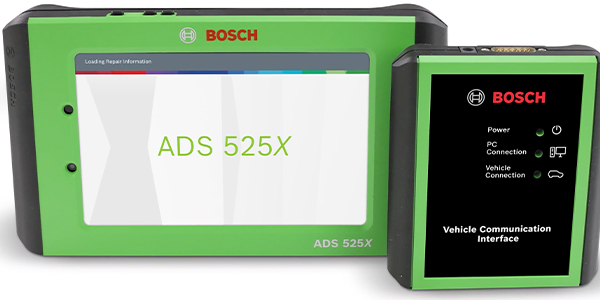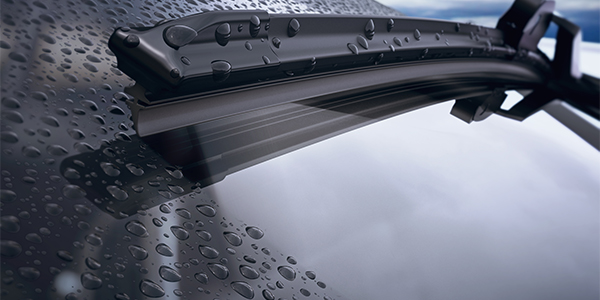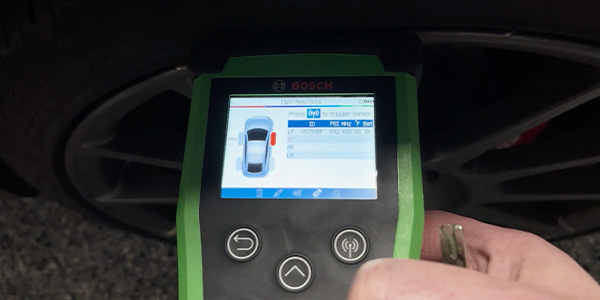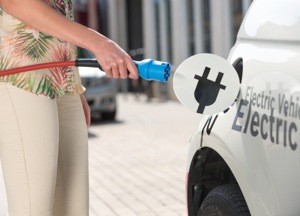
Cars still have their best days ahead of them, according to Bosch.
The global company believes connecting vehicles to the Internet makes them safer, more fun to drive and reduces fuel consumption. “Connectivity makes cars more efficient,” said Dr. Volkmar Denner, chairman of the Bosch board of management, at the 17th Technical Congress of the German Association of the Automotive Industry (VDA) in Filderstadt, Germany. As an example of this, Denner pointed to the connected electronic horizon. In the future, this Bosch technology will provide real-time information about construction zones, traffic jams and accidents. Additional improvements to existing functions such as start-stop coasting will be possible. At the same time, it will enable a predictive operating strategy for plug-in hybrids, Bosch says. Technologies such as this can reduce CO2 emissions by up to 10 percent or more, Denner said.
The reductions in fuel consumption brought by start-stop coasting and an optimum operating strategy are most noticeable in real traffic conditions. In the New European Driving Cycle (NEDC), however, they have no effect, Denner noted.
“A connected car drives more proactively than any person,” Denner said. Using up-to-date maps, cars can precisely calculate their remaining range in addition to the most efficient route. At the same time, intelligent connectivity increases the suitability of electrified vehicles for everyday use.”
In only 10 years, more than 15 percent of new vehicles worldwide will be electrified, Denner said. Of these, more than 13 million new vehicles will be able to run on electricity alone, at least in urban traffic. To further increase the electric range of hybrids and electric cars, Bosch is working on improving electronic battery management. This can increase the electric range of a car by up to an additional 10 percent and give electromobility a further boost.

